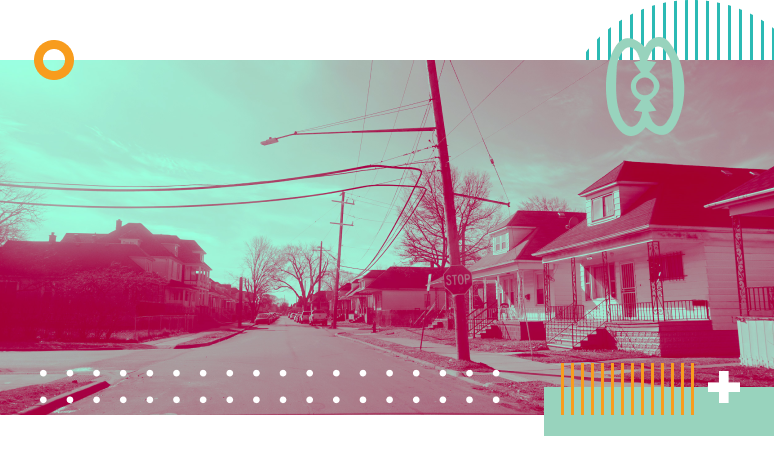
We must stop spending money on more jails and instead direct that money toward investing in the communities that have been historically, and are currently, harmed by over-policing and incarceration.
All over the country we are seeing the criminalization of homelessness rather than investment housing. Putting an unhoused person in jail only makes it that much harder for someone to do things that could help stabilize their lives when they are released such as getting a job or accessing any mental health or addiction treatment they may need.
When it comes to those who need mental health treatment, it’s easier to find a jail bed than it is to find a bed in a therapeutic care facility in Michigan. Too often people who need help with mental illness are at the mercy of the police and courts, which means they are much more likely to end up incarcerated than they are to get treatment.
The same is true for those who are dealing with addiction. Again, many people who need addiction treatment end up incarcerated. People who either cannot afford or do not have the ability to access treatment programs should not be treated like criminals. Untreated addiction harms families and communities. But putting those who need treatment in jail compounds the trauma and hardship these families and communities face.
We need clear policy strategies for community reinvestment. It’s not enough to reduce jail populations; we need to shift our funding away from police, courts, and jails and towards the things we so desperately need — like mental health services, substance use treatment, and affordable housing.
Across the state, Michiganders are calling for — and organizing hard for — resources to truly care for the health and well-being of their communities. Like all real change, it’s people power that will make that shift happen. Transformative change happens when groups being crushed by a system force those in power to change it.